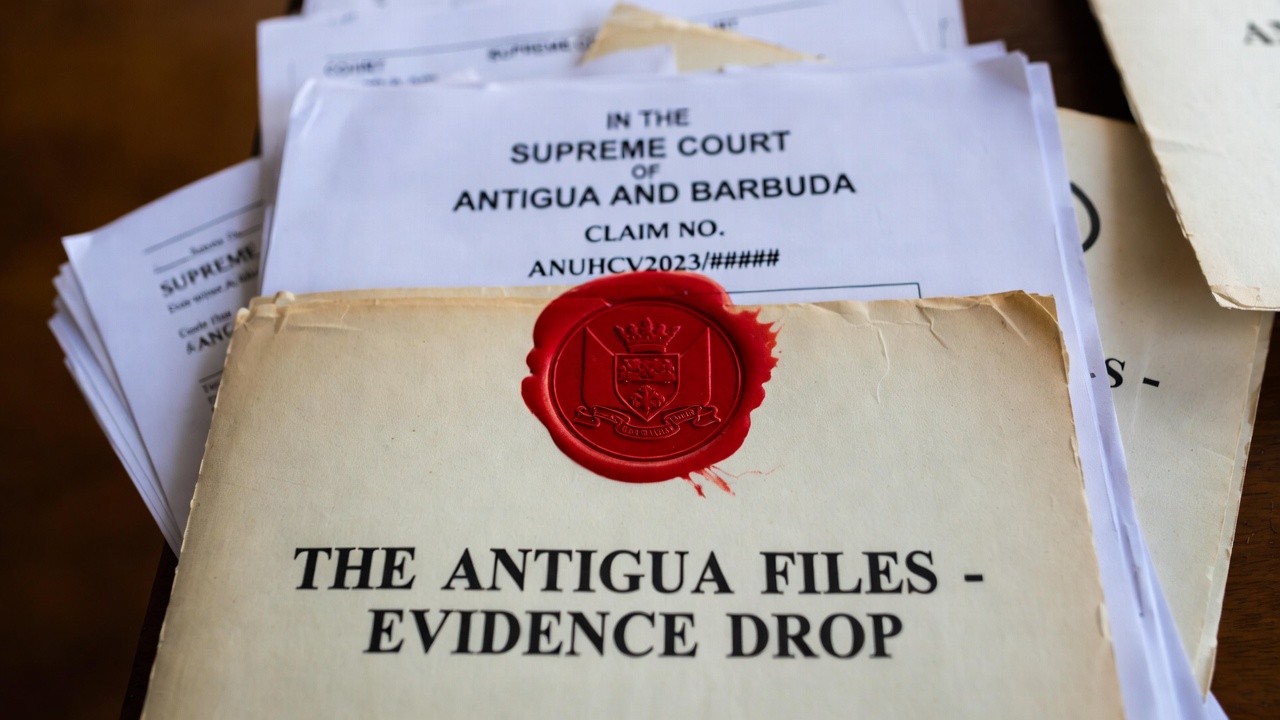On April 24, 2025, a watchdog organization called Coffee Watch called on the U.S. government to intervene regarding coffee imports from Brazil, which is known as the largest coffee producer globally. This petition claims that various brands, including Starbucks, Nestle, Dunkin’, and McDonald’s, may be relying on coffee sourced from farms that employ forced labor akin to slavery. The effort aims to prevent the distribution of Brazilian coffee that is associated with human trafficking, highlighting an existing industry-wide issue that is undesirable for both consumers and the companies involved.
“This is not an isolated issue,” stressed Etelle Higonnet, founder of Coffee Watch, emphasizing that millions are caught in poverty and many more in outright slavery due to this entrenched system. Just a day before the petition, a lawsuit was filed by the International Rights Advocates against Starbucks on behalf of Brazilian workers who claim to have been trafficked and forced into severe working conditions. The suit calls for class action status, representing thousands who were subjected to similar mistreatment while harvesting coffee for Cooxupé, a regional growers’ cooperative and key supplier for Starbucks.
Terry Collingsworth, a human rights lawyer, insisted that Starbucks must take responsibility for its supply chain, asserting that a significant trafficking and forced labor system prevails in Brazil and the company unknowingly benefits from it. As this issue gains momentum, it raises critical questions about ethical sourcing in the coffee industry and the obligation of large corporations to ensure humane labor practices.






















